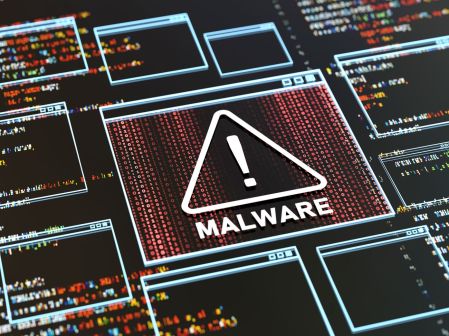College cyber programs vary widely, researchers found

A research team from Washington State University found that cybersecurity programs in higher education vary dramatically and that there is little research into the instructional approaches behind their curriculums.
The review, published by the Proceedings of the Association for Computing Machinery’s Technical Symposium on Computer Science Education in March, analyzes programs at 100 U.S. institutions that are designated by the National Security Administration as National Centers of Academic Excellence in Cybersecurity.
The researchers found that while the NSA designation provides requirements for educational content and quality, the institutions themselves vary widely in terms of the programs offered and how many cybersecurity-specific courses they provide. The report found that half of the programs offered bachelor’s degrees, while other programs offered certificates, associate degrees, minors or concentration tracks.
“There is a huge variation from school to school on how much cybersecurity content is required for students to take,” co-author Assefaw Gebremedhin, associate professor in the WSU School of Electrical Engineering and Computer Science, said in a press release. “We found that programs could benefit from using ideas from other fields, such as educational psychology, in which there would be a little more rigorous evaluation.”
The most common type of program offered by the higher education institutions analyzed for the report offered cybersecurity certificates, and more often than not the programs were housed within engineering, computer science or technology departments.
The authors of the report also found that graduates of these programs do not have the skills industry leaders expect of them entering the workforce and suggested that higher education program leaders work with professional societies to ensure students are adequately prepared for the fast-changing field of cybersecurity.
“In cyber operations, you want to be on offense,” Gebremedhin said. “If you are to defend, then you need to stay ahead of your attacker, and if they keep changing, you have to be changing at a faster rate.”




